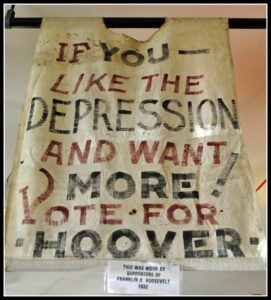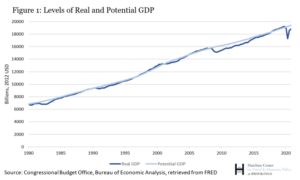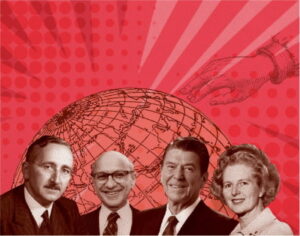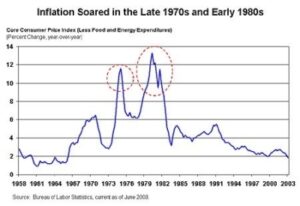Table of Contents
A simple question, with answers from across the spectrum
While there are many articles and studies on this topic, there seems to be quite a bit of disagreement as to how poor nations create economic value and become rich.
Many articles and papers I found seem to align with the perspectives of the organizations publishing them.
Some answers that do not seem surprising
The World Bank writes about the role of trade in ending poverty.
The International Monetary Fund writes about global trade liberalization and the developing countries.
The World Trade Organization writes about how the WTO can help countries develop, through trade.
And some answers that do
Interestingly, the Department for International Development, which is part of the UK government, offers the refreshingly honest opinion of:
There is no one right answer. A mistake often made in the early 1990s was to translate general policy principles into a unique set of policy actions.
Growth: Building Jobs and Prosperity in Developing Countries
They then proceed to quote a World Bank report which they feel is too simplistic in its “one size fits all” prescription.
And the National Bureau of Economic Research, a non-government American economic think tank, offers this:
The evidence strongly suggests that export growth and incoming foreign investment have reduced poverty everywhere from Mexico to India to Poland. Yet at the same time currency crises can cripple the poor.
Globalization and Poverty
Perhaps analyzing success stories makes sense
There are seven stories of creating economic value that jumps out at me right away:
The four Asian tigers
Singapore, Taiwan, South Korea, and Hong Kong were all fairly poor at the end of WW2, and have since built themselves into regional and international centers of growth by developing competitive advantages.
The Celtic tiger
The same is true of the Republic of Ireland, although they were considered poor as recently as the 1960s.
Post WW2 reconstruction
And then of course there are the cases of Germany and Japan emerging as major economic powers after WW2.
Each will be examined
This post is the “lead post” in a series about how some poor nations developed economic value through creating a competitive advantage and through that process became rich.
I will use the experiences of the seven nations listed above as case studies (success stories).
Their experiences and progress will be compared and contrasted.
The intention is to find and document similarities and differences.
I’m thinking (and this may change as I progress), looking at the following makes sense…
The government
- What is/was the structure of the government?
- How democratic/autocratic were they?
- How “hands on” was the government in economic affairs?
Politics
- What is/was the political environment?
- Few parties? Many parties?
- Cooperation between parties? Obstructionism?
Government corruption
- To what extent is the government seen to be corrupt, seen to be beholden to monied interests?
The legal system
- How were laws “adjusted” in pursuit economic value and growth?
- Hands off? Direct government intervention? Somewhere in between?
The banking system
- Were there any interesting or noteworthy actions taken by central banks?
- What characteristics define/shape the nations banking practices?
Healthcare
- How is the healthcare system structured.
Natural resources
- What natural resources were avaialble?
- How were they turned into economic value? Domestically? With foreign direct investment? By turning over control to one or more multinationals?
Direct government support and intervention
- In what ways, if any, did the government provide direct financial support to the population?
Direct foreign investment
- What was done to encourage direct foreign investment?
- How did it go?
Important partnerships
- What partnerships within the society, within the nation, are considered to be imporant to their ability to create economic value?
GDP by sector
- What industrial and economic sectors developed within the national economy?
- How did they develop?
Exports by sector
- What products and services did/does the nation export?
Wealth and income equality
- To what degree are the people living in the countries seeing economic benefits, and to what degree do those benefits go to multinational corporations.



